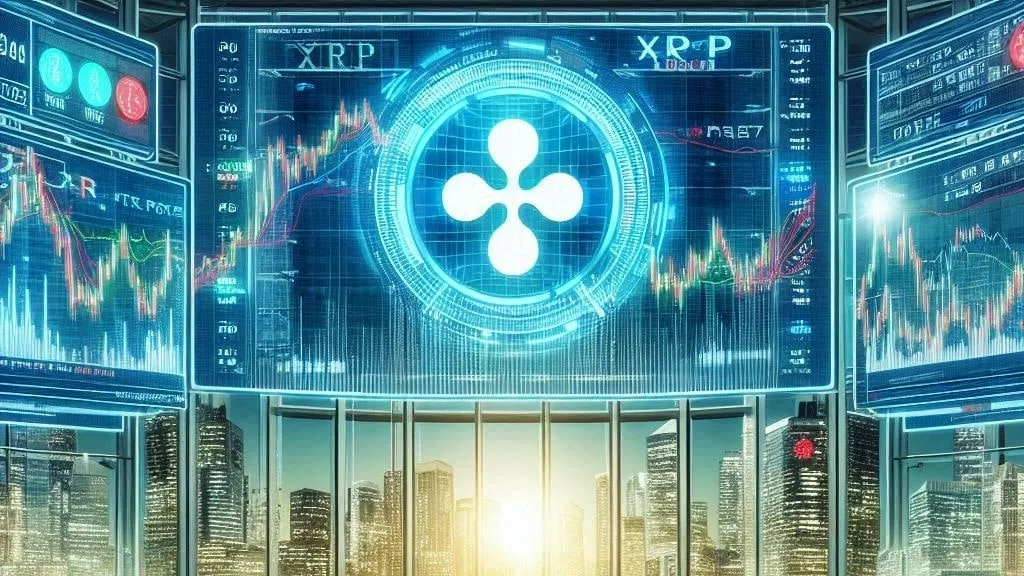
The Ripple-SEC legal saga has taken yet another intriguing turn, as the SEC announced its intention to pursue an interlocutory appeal to the Second Circuit Court of Appeals. This development follows a recent ruling by Judge Torres, who determined that programmatic and other XRP sales do not fall under securities transactions. This latest move by the SEC adds a layer of complexity to an already intricate legal landscape, setting the stage for a new chapter in this ongoing legal battle.
SEC’s Interlocutory Appeal: Unraveling the Strategy
The SEC’s recent filing highlights its determination to pursue an interlocutory appeal to challenge Judge Torres’ ruling. This appeal is aimed at overturning the decision that dismissed certain XRP transactions as securities transactions. By seeking this appeal, the SEC aims to influence the ongoing litigation and potentially pave the way for legal revisions.
To proceed with an interlocutory appeal, both Judge Torres and the Second Circuit Court must agree with the SEC’s rationale. If approved, this appeal could impact not only the ongoing trial against Ripple executives but also the subsequent remedies phase of the institutional sales case. However, if the motion for interlocutory appeal is denied, the SEC would need to await the conclusion of the trial and remedies phases before pursuing an appeal.
Navigating Complex Legal Concepts and Ripple’s Potential Responses
Legal expert “MetaLawMan” on Twitter sheds light on the complexity of the legal concepts at play. The expert acknowledges the significant legal and procedural challenges the SEC faces in obtaining approval for an interlocutory appeal.
MetaLawMan outlines two potential paths Ripple could take in response to the SEC’s appeal request. The first option involves opposing the motion for appeal, arguing that the initial ruling is accurate and that an interlocutory appeal is unnecessary, considering the potential for further appeals after the trial.
The second option could see Ripple agreeing with the SEC on the appropriateness of an interlocutory appeal but with uncertain timing. Additionally, a potential reversal of the SEC’s victory in the institutional sales case could negate penalties and trial proceedings.
Ripple’s Litigation Strategy and Considerations
MetaLawMan leans towards Ripple opposing the interlocutory appeal motion. This stance is grounded in the idea that Ripple might not want to endorse the notion of significant disagreement with Judge Torres’ ruling, a key criterion for certifying such an appeal.
The legal landscape remains dynamic, with potential crypto law changes and shifts in administrative viewpoints potentially influencing the legal trajectory. Amidst these factors, the Ripple-SEC legal saga continues to capture the crypto community’s attention, highlighting the intricate interplay of legal complexities and strategic moves.
Conclusion: A Legal Battle Unfolding
The Ripple-SEC legal battle evolves with each twist and turn, showcasing the intricacies of the legal system within the cryptocurrency space. As the SEC pursues an interlocutory appeal and Ripple evaluates its response, the outcome of this chapter remains uncertain. The ripple effects of this legal battle extend beyond the courtroom, impacting the broader regulatory environment and investor sentiment. As the legal drama unfolds, the crypto community watches with bated breath, awaiting the next chapter in this ongoing saga.


Get the latest Crypto & Blockchain News in your inbox.